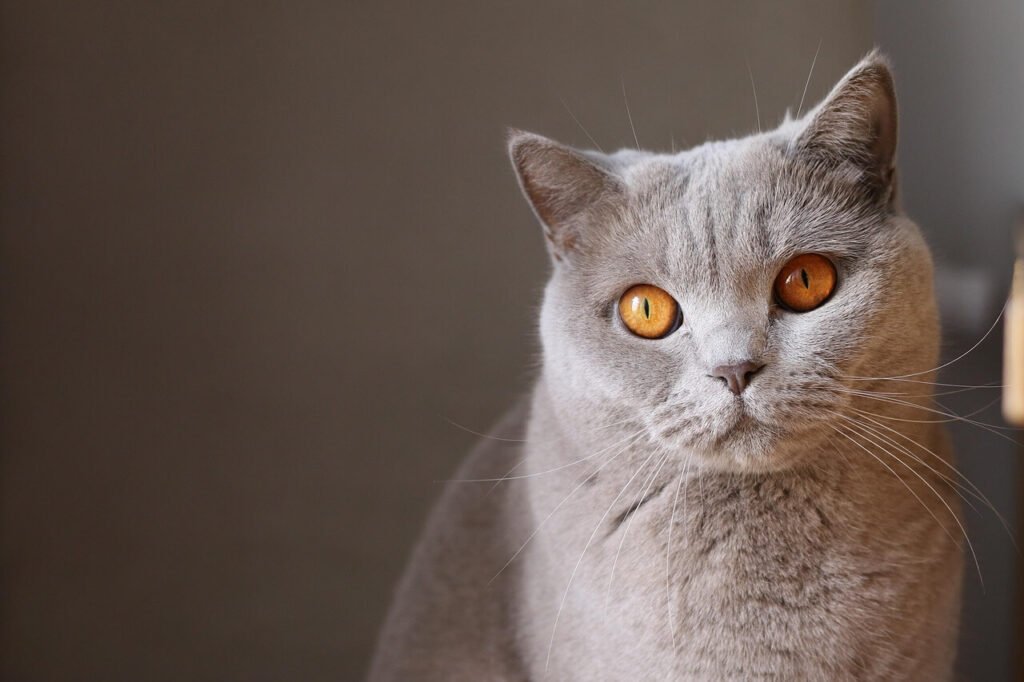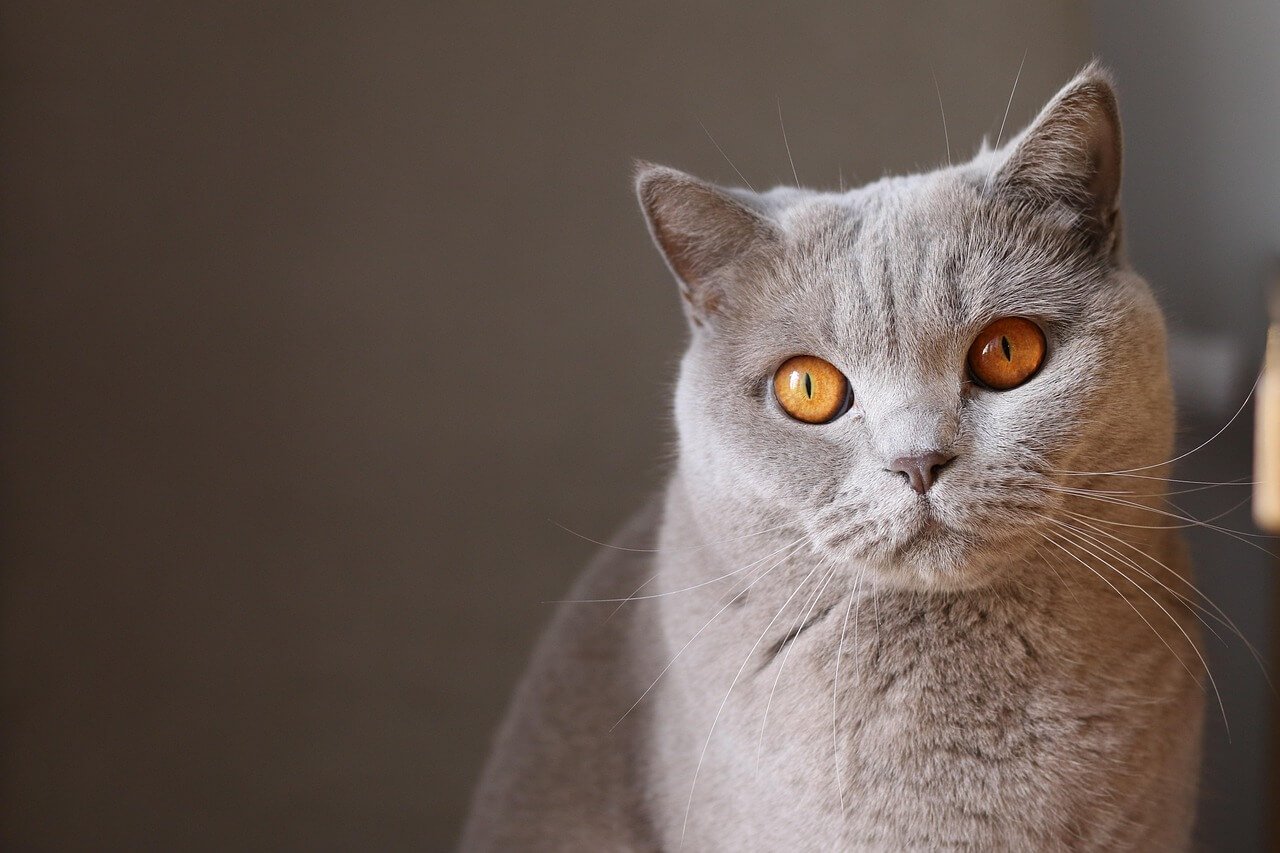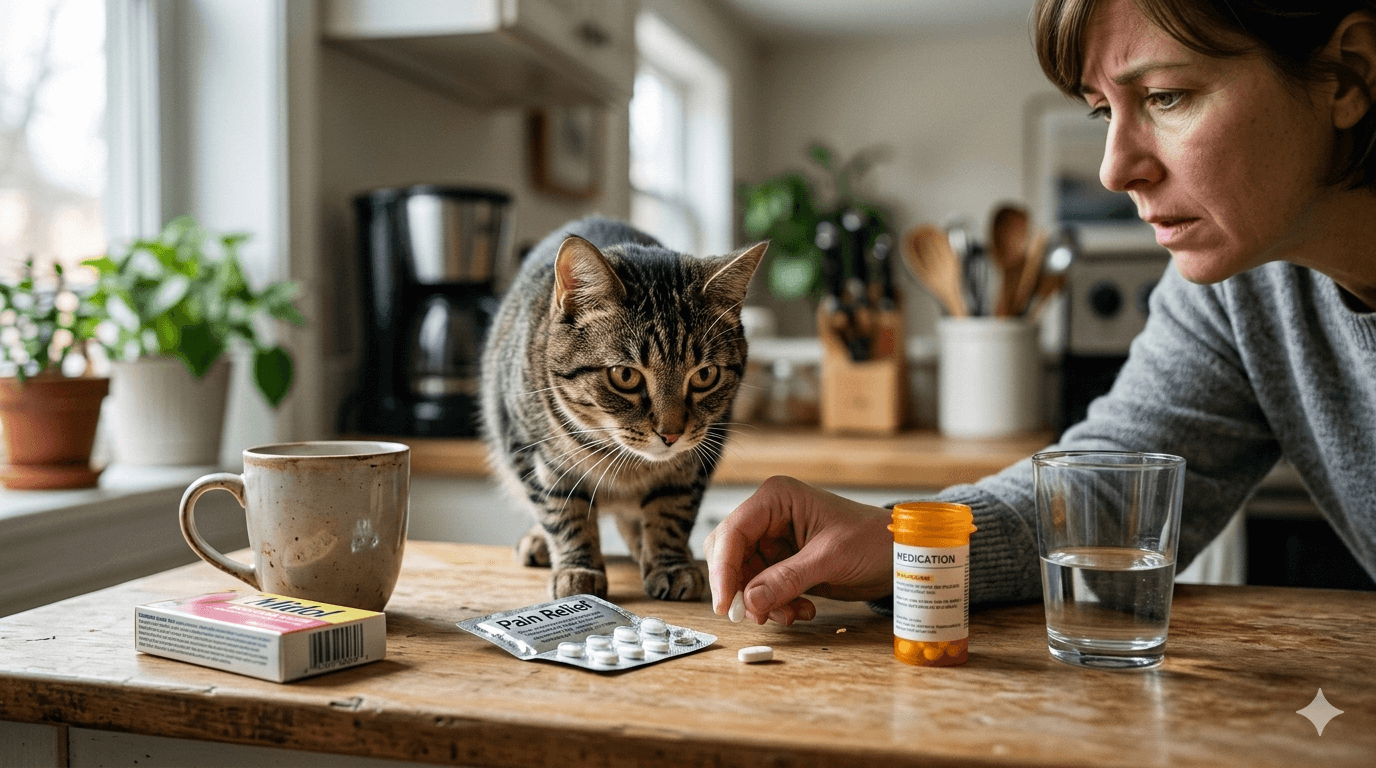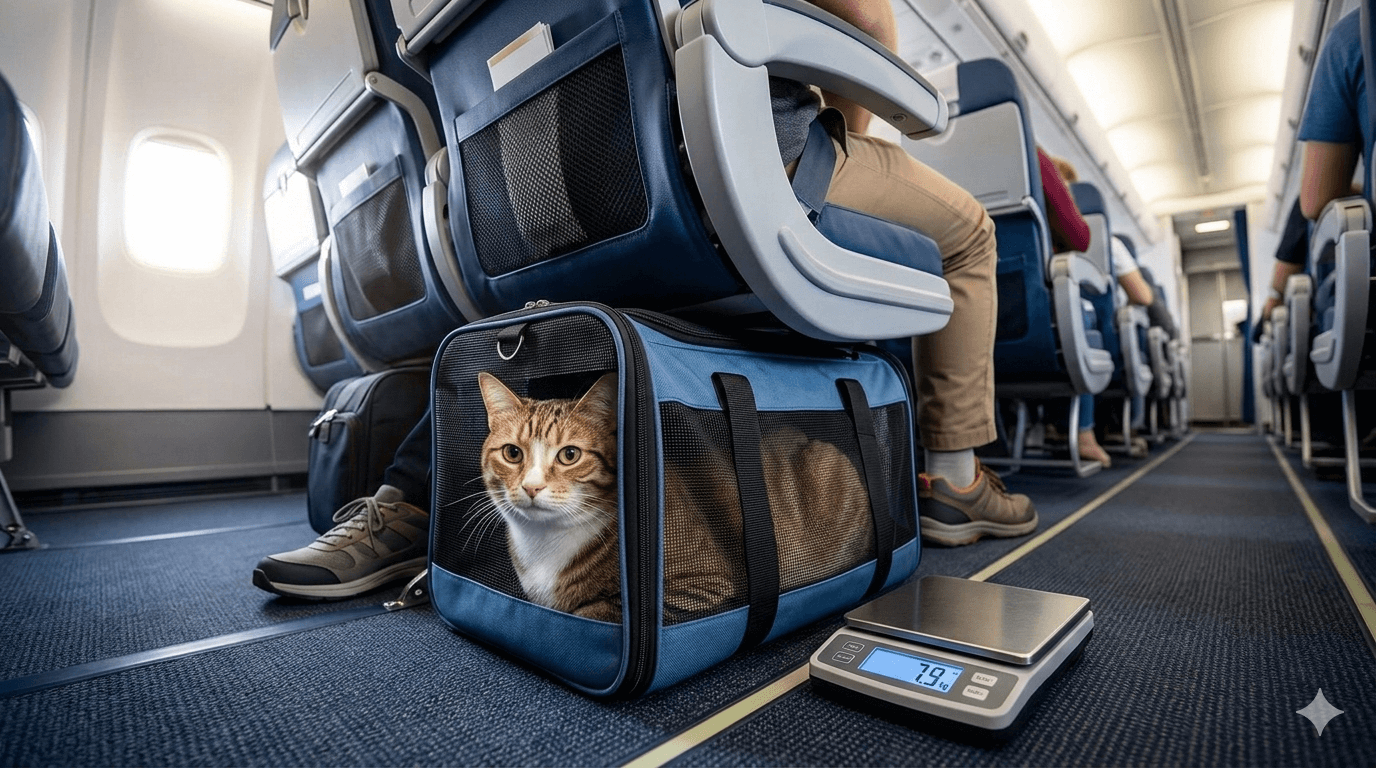Olive Oil for Cats Constipation: A Natural Solution to Aid Digestion
Constipation in cats is more common than you might think, and it can be a source of discomfort for your feline friend. Whether caused by dehydration, a lack of fiber, or underlying health issues, constipation needs to be addressed promptly to ensure your cat stays healthy and happy. One natural remedy that many pet owners turn to is olive oil. Known for its lubricating properties, olive oil can help soften stool and promote regular bowel movements. However, it’s important to use it correctly and understand its limitations.
In this guide, we’ll explore how olive oil can help with constipation in cats, the proper way to administer it, and alternative solutions if needed. By the end, you’ll have all the information you need to support your cat’s digestive health safely and effectively.
How Olive Oil Helps Relieve Constipation in Cats
Olive oil works as a gentle and natural laxative for cats, helping to ease their digestive system without harsh side effects. Here’s how it benefits your cat’s constipation:
Lubricates the Digestive Tract : Olive oil coats the intestines, making it easier for stool to pass through.
Softens Hard Stool : The oil helps hydrate dry feces, reducing straining during bowel movements.
Promotes Regularity : Its mild laxative effect encourages the digestive system to function more efficiently.
Safe for Occasional Use : Unlike some medications, olive oil is non-toxic when used in small amounts.
Rich in Healthy Fats : These fats support overall digestive health and can improve nutrient absorption.
While olive oil can provide quick relief, it’s not a long-term solution for chronic constipation. Always monitor your cat’s response and consult a vet if the problem persists.
How to Safely Administer Olive Oil to Your Cat
Giving olive oil to your cat requires care and precision to avoid overuse or discomfort. Here are some tips to ensure safe administration:
Start with Small Amounts : Begin with ¼ teaspoon for an average-sized cat, gradually increasing to no more than ½ teaspoon per day.
Mix with Food : Blend the oil into wet food or mix it with a small amount of tuna juice to make it more palatable.
Use a Syringe (If Necessary) : If your cat refuses to eat the oil, use a pet-safe syringe to gently administer it directly into their mouth.
Monitor Their Reaction : Watch for signs of improvement, such as softer stools or increased frequency of bowel movements.
Avoid Overuse : Too much olive oil can lead to diarrhea or upset stomach, so stick to the recommended dosage.
When used correctly, olive oil can be a simple and effective way to relieve your cat’s constipation.
Check this guide 👉Cat Constipation Home Remedies: Best 7 Expert Tips!
Check this guide 👉Understanding Cat Constipation: Best 7 Health Tips!
Check this guide 👉How Do I Know If My Cat Is Constipated? Best 7 Expert Tips!

Benefits of Olive Oil for Cats | Precautions When Using Olive Oil |
|---|---|
Softens hard stool | Avoid using large quantities |
Lubricates the digestive tract | Do not use as a long-term solution |
Safe and non-toxic in small doses | Monitor for adverse reactions |
Supports nutrient absorption | Consult a vet for chronic issues |
Easy to administer with food | Avoid flavored or processed oils |
Signs That Your Cat May Be Constipated
Recognizing the symptoms of constipation early can help you address the issue before it becomes severe. Here are some common signs to look out for:
Straining During Bowel Movements : Your cat may spend a long time in the litter box without producing much stool.
Infrequent Bowel Movements : A noticeable decrease in the frequency of defecation could indicate constipation.
Hard or Dry Stool : Check the litter box for unusually firm or dry feces.
Vomiting or Loss of Appetite : These symptoms may accompany constipation due to discomfort or blockages.
Lethargy or Hiding : Cats in pain or distress often become less active or seek solitude.
If you notice any of these signs, take action promptly to alleviate your cat’s discomfort and prevent complications.
Alternative Remedies for Cat Constipation
While olive oil is a popular choice, there are other ways to address constipation in cats. Here are some alternatives to consider:
Hydration : Ensure your cat has access to fresh water at all times, and consider adding water to their wet food.
Pumpkin Puree : Plain, unsweetened pumpkin is high in fiber and can help regulate digestion.
Hairball Treatments : Specialized gels or pastes designed for hairballs can also aid in relieving constipation.
Increased Exercise : Encourage playtime to stimulate your cat’s digestive system naturally.
Veterinary Care : If home remedies don’t work, consult your vet for potential treatments like enemas or prescription medications.
Exploring these options ensures you find the most effective solution for your cat’s specific needs.
Understanding Why Your Cat May Be Constipated
Constipation in cats can stem from a variety of factors, ranging from diet to underlying health issues. Identifying the cause is key to finding the right solution. Here are some common reasons why your cat might be constipated:
Dehydration : Cats often don’t drink enough water, leading to dry and hard stool.
Low-Fiber Diet : A diet lacking in fiber can slow down digestion and lead to blockages.
Hairballs : Swallowed fur can accumulate in the digestive tract, causing obstructions.
Lack of Exercise : Sedentary cats may have slower bowel movements, contributing to constipation.
Underlying Medical Conditions : Issues like arthritis, kidney disease, or megacolon can impact digestion.
By addressing these potential causes, you can take steps to prevent constipation and improve your cat’s overall well-being.
Incorporating Digestive-Friendly Foods into Your Cat’s Diet
A balanced diet plays a crucial role in maintaining your cat’s digestive health. Adding certain foods to their meals can help prevent constipation and promote regularity. Here are some options to consider:
Wet Food : High-moisture canned food helps keep your cat hydrated and softens their stool.
Pumpkin Puree : Rich in fiber, pumpkin aids digestion and can regulate bowel movements.
Bone Broth : This hydrating treat is easy to digest and encourages water intake.
Fiber-Rich Kibble : Some dry foods are specially formulated with added fiber to support digestive health.
Probiotics : Supplements or foods containing probiotics can balance gut bacteria and improve digestion.
Including these foods in your cat’s diet can go a long way in preventing constipation and keeping their digestive system healthy.
Recognizing When Home Remedies Aren’t Enough
While mild constipation can often be managed at home, some cases require professional intervention. Knowing when to consult a vet ensures your cat receives timely care. Here are signs that it’s time to seek help:
Persistent Constipation : If your cat hasn’t had a bowel movement for more than 48 hours despite remedies, contact your vet.
Blood in Stool : The presence of blood indicates irritation or injury in the digestive tract.
Severe Straining : Excessive straining without results could signal a blockage or other serious issue.
Loss of Appetite or Vomiting : These symptoms may indicate an obstruction or systemic illness.
Behavioral Changes : Lethargy, hiding, or aggression can suggest significant discomfort or pain.
Prompt veterinary attention can prevent complications and ensure your cat receives the appropriate treatment for their condition.
Frequently Asked Questions About Olive Oil for Cats’ Constipation
Can I give my cat olive oil every day?
No, olive oil should only be given occasionally to avoid digestive upset or weight gain.
How quickly does olive oil work for constipation?
You may notice improvement within 12-24 hours, but results vary depending on the severity of the issue.
Is extra virgin olive oil safe for cats?
Yes, extra virgin olive oil is safe in small amounts, but avoid flavored or processed varieties.
What if olive oil doesn’t help my cat’s constipation?
If the problem persists, consult your veterinarian to rule out underlying conditions like megacolon or dehydration.
Can kittens have olive oil for constipation?
It’s best to consult a vet before giving olive oil to kittens, as their digestive systems are more sensitive.
Support Your Cat’s Digestive Health Naturally
Constipation in cats can be uncomfortable, but with the right approach, you can help your furry companion feel better. Olive oil is a simple, natural remedy that can provide quick relief when used responsibly. However, it’s essential to address the root cause of constipation and ensure your cat stays hydrated, active, and well-fed. If home remedies aren’t enough, don’t hesitate to seek professional advice. By staying attentive to your cat’s needs and taking proactive steps, you can keep their digestive system running smoothly and ensure they live a happy, healthy life.
Can I Give My Cat Midol? Best 7 Expert Tips! – Learn the risks, symptoms, and safe alternatives to keep your cat healthy and avoid toxic reactions.
Can I Give My Dog Midol? Best 7 Expert Tips! – Discover the risks, safe alternatives, and expert advice to keep your dog safe from accidental poisoning.
Maximum Weight for Cats on Planes: Best 7 Expert Tips! – Learn airline policies, tips to stay compliant, and ensure safe travels for your feline friend.
Max Weight for Dogs on Planes: Best 7 Expert Tips! – Discover airline weight limits, safe travel tips, and solutions for flying with your dog stress-free.





